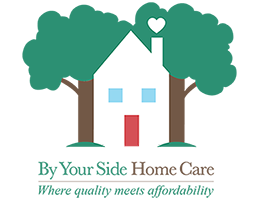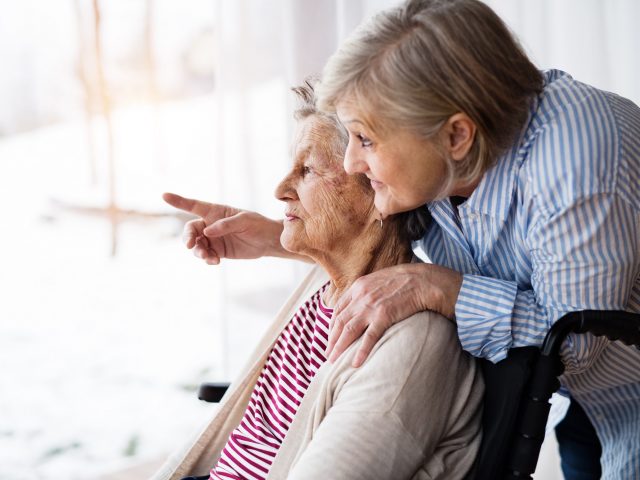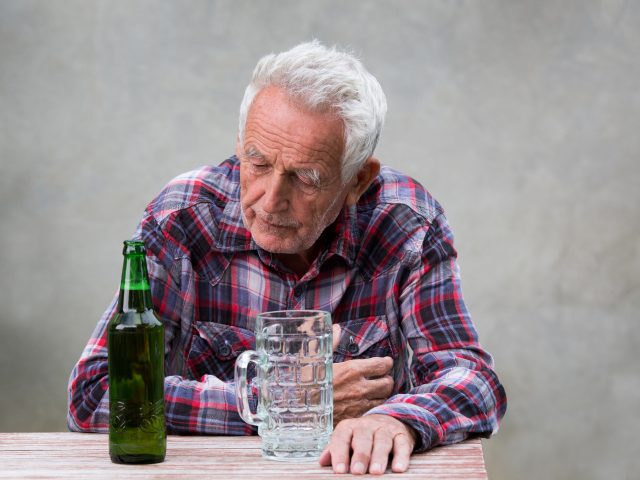Categories
Safety at home
Today many seniors would like to stay in their own homes as they age but their families can often have concerns about their safety. According to the Centers for Disease Control and Prevention more than one in four older adults falls every year. Now there is also the added worry about the current COVID-19 pandemic that poses a higher risk to older adults ages 65 and older. Below are tips to help keep your older loved one safe in their home.
Safety at home
Meet with your loved one’s doctor to review any medications, prescriptions or over-the-counter, that are taken regularly. Some of these may have side effects that could impair their balance and cause them to fall more easily. Check in regularly about any changes to their medications or health.
Simple ideas to help make your home safer:
- Make sure floors are free of anything that could cause a fall including old flooring that is coming apart. Clear away clutter, throw rugs, or other items that can be tripped over. Check that electrical cords are tucked away.
- Arrange furniture so there is plenty of open room to move around safely.
- Check that stairs and hallways are well lit. Add railings to both sides of the stairs.
- Install grab bars next to the bathtub and toilet for added support in the bathroom.
- Identify items that are used daily and make sure they are easily accessible.
- If needed, make sure a cane or walker is available.
- Make sure emergency numbers are handy and can easily be read.
- Create a list of all medications and make several copies. Keep one near the phone and one in the medicine cabinet. It would also be a good idea for a relative to have a copy, too.
- Make sure that are several phones in the rooms they frequent the most like the kitchen, living room and bedroom. This will make it easier to call for help if they need it.
Safety from COVID 19
Older adults and people with chronic medical conditions have been identified by the CDC to be a higher risk for more serious COVID-19. Review these steps with your loved one on how they can reduce their risk of getting sick.
- Make sure they know to wash their hands for at least 20 seconds using soap and water before handling food, after blowing their nose, sneezing or coughing, and especially after coming home from being out in the public. Remind them to wash their hands after getting the mail.
- Use a hand sanitizer that is at least 60% alcohol when they are not able to wash with soap and water. They should keep one in the car if they still drive and in a pocket or on their person.
- When possible try not to come in contact with high-touch surfaces in public places. If they must touch something they should use their sleeve or a tissue to protect themselves.
- Remind them to keep their hands away from their face, nose, and eyes.
- Clean and disinfect frequently touched surfaces.
- Additionally, they should avoid close contact:
- As much as possible your loved one should stay at home and limit visitors to people essential for their care.
- Suggest alternate ways of staying in touch with family, friends, and medical providers such as telephone calls, mail or email, and video. Encourage loved ones to send a card or call them instead of visit.
- Learn more about managing stress and anxiety during COVID-19.
If you are concerned about your loved one living alone safely at home, contact us to see how we may be of help to keep them safe.



